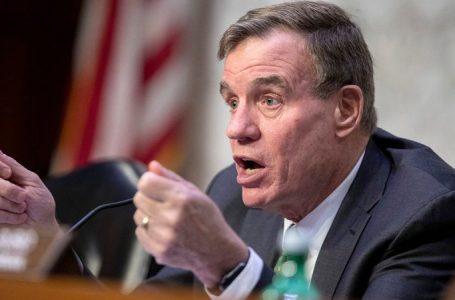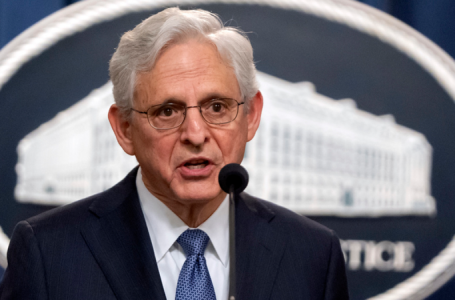WGC: Gold to Face Complex Drivers in 2025, Price Likely to Cool After Record-Breaking Year

The World Gold Council (WGC) has released its 2025 gold outlook, highlighting various macroeconomic factors, geopolitical risks and central bank activity as pivotal forces influencing demand and prices.
While 2024 saw gold achieve a stellar performance with a 28 percent annual increase, the outlook for 2025 is characterized by a mix of opportunities and challenges stemming from both global and regional developments.
The yellow metal has benefited from its historical role as a hedge against uncertainty, but the WGC forecasts that its performance next year will depend on other key variables as well.
Gold to face complex drivers next year
Looking back at 2024, the WGC outlines multiple factors that drove gold’s strong performance.
For instance, central bank demand reached significant levels, underscoring the metal’s enduring role as a safe-haven asset. Central banks have now been net buyers of gold for nearly 15 years.
Meanwhile, investor interest surged amid geopolitical instability and market volatility, particularly in the third quarter, when western investors returned to the market, driven by lower yields and a weakening US dollar.
Asian demand, a critical component of the gold market, played a supportive role in the first half of the year.
Indian demand was buoyed by favorable policy changes, including a reduction in import duties, while Chinese investors turned to gold amid concerns about economic growth.
Heading into 2025, the complex global economic picture is creating uncertainty for gold.
In the US, Donald Trump is expected to introduce policies that stimulate domestic economic growth during his second term as president, potentially driving risk-on sentiment in the short term. However, these policies could also create inflationary pressures and disrupt supply chains, leading investors to seek the stability of assets like gold.
Central banks, including the US Federal Reserve, are anticipated to continue cutting interest rates. Market consensus suggests the Fed will cut by 100 basis points in 2025, with similar actions expected in Europe.
The WGC forecasts in its report that a dovish monetary policy environment could be supportive for the gold price, particularly if inflation remains above target levels. On the other hand, any reversal in monetary policy or a prolonged pause in rate cuts could present challenges for gold, as higher opportunity costs may deter investors.
Similarly, subdued economic growth could limit consumer demand, particularly in Asia, where gold plays a dual role as an investment and a cultural staple.
Asia and central banks to lead gold buying
In 2025, the WGC predicts that Asia will remain a cornerstone of the global gold market. The continent accounts for over 60 percent of annual demand, excluding central bank activity.
Chinese consumer demand, which has been relatively muted, is likely to hinge on the country’s economic policies and growth trajectory. Trade tensions and domestic stimulus measures could sway demand either way, while gold may face increased competition from alternative investment avenues such as equities and real estate.
For its part, India is better positioned to sustain gold demand. With economic growth projected to remain above 6.5 percent and a smaller trade deficit compared to other US trading partners, the WGC believes Indian consumers are likely to continue purchasing gold both for investment and cultural purposes.
Central bank activity will remain a critical driver for gold in 2025. While demand may not reach the heights of recent years, it is expected to surpass long-term averages, providing a consistent source of support for the market.
Central bank purchases are influenced by geopolitical risk, sovereign debt levels and portfolio diversification. These drivers are unlikely to wane, ensuring that central banks will continue to play a stabilizing role in the gold market.
However, any significant deceleration in central bank demand could exert downward pressure on the gold price, particularly if combined with other bearish factors such as higher interest rates or reduced investment flows.
Overall, the WGC predicts that in 2025 the gold market is likely to be shaped by the interplay of four primary drivers: economic expansion, risk, opportunity cost and momentum.
Economic growth, though expected to remain positive, will likely be below trend, limiting the scope for consumer demand growth. Geopolitical risks, including ongoing tensions in regions like South Korea and Syria, may prompt investors to increase their allocations to gold as a hedge against uncertainty.
The opportunity cost of holding gold, determined by interest rates and yields, will be a critical factor. Lower rates should support gold, but any unexpected tightening of monetary policy could dampen investment demand.
Finally, market momentum, influenced by technical factors and investor sentiment, will play a role in determining gold’s short-term performance. A strong start to the year, fueled by initial risk-on sentiment, could pave the way for a more stable or even bullish trajectory, provided macroeconomic conditions remain favorable.
How will the gold price perform in 2025?
Market consensus suggests gold will remain rangebound in 2025, potentially seeing modest gains.
However, the WGC reminds investors that the market is not without risks. A rapid deterioration in financial conditions, unexpected geopolitical developments or a sharp rise in central bank demand could provide upside surprises.
Conversely, a reversal in monetary policy or subdued demand from key markets could cap gold’s performance.
Either way, both investors and analysts will closely monitor developments related to the key regions and variables mentioned to gauge the direction of the gold market this coming year.
Securities Disclosure: I, Giann Liguid, hold no direct investment interest in any company mentioned in this article.









